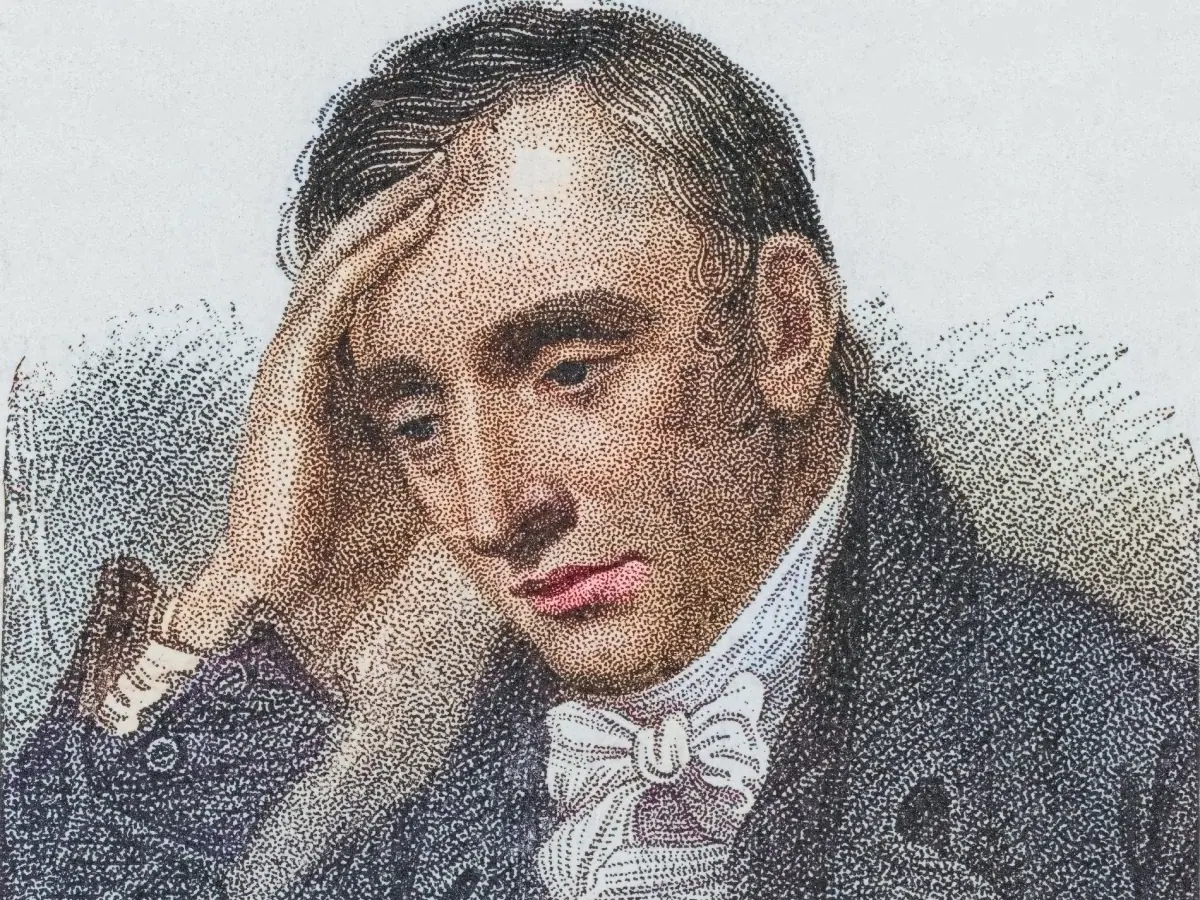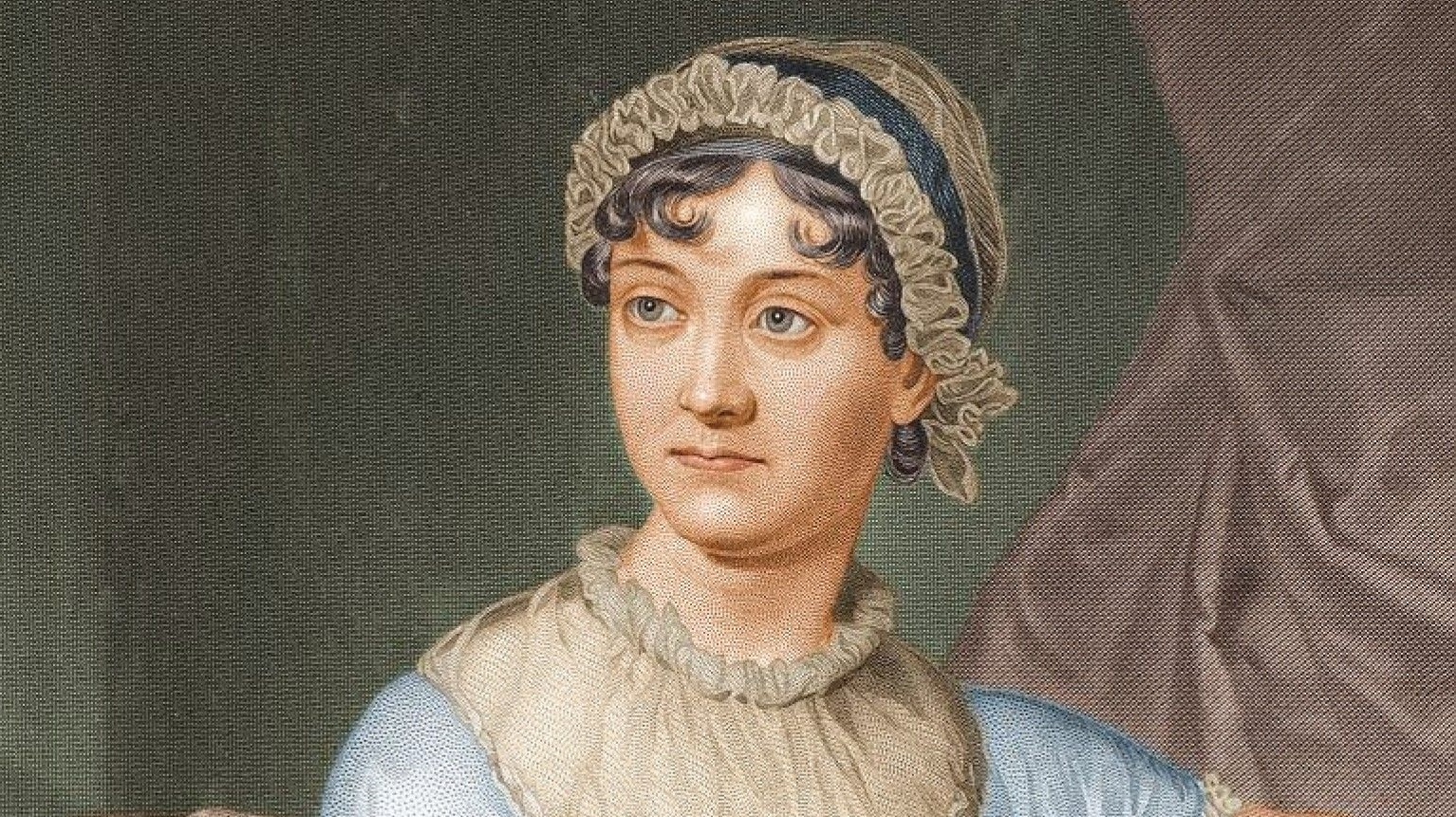Pareeshe Fatima
William Shakespeare, often referred to as the English national poet, was a renowned poet, dramatist, and actor. His works, written in the late 16th and early 17th centuries, have transcended national barriers and are now performed and read more often and in more countries than ever before, cementing his status as one of the greatest dramatists of all time. Shakespeare’s creative genius, characterized by imaginative visions of pathos and mirth, poetic power, and intellectual rapidity, has left an enduring impact on world literature.
Despite the wealth of factual knowledge available about Shakespeare, primarily derived from official documents, much of his biographical details are meticulously sourced from these records. The baptism, marriages, and deaths of Shakespeare, along with other official documents, offer valuable insights into his life. Furthermore, contemporary references to him as a writer enrich his biographical information, adding a layer of authenticity to our understanding of his life.
Shakespeare’s early life in Stratford-upon-Avon, marked by his baptism on April 26, 1564, and his traditional birthday celebration on April 23, was a crucial period that shaped his future. His father, John Shakespeare, a prominent figure in the town’s social and political sphere, provided a nurturing environment. William’s education at the grammar school in Stratford, with its focus on Latin studies, laid the foundation for his literary prowess. His marriage to Anne Hathaway at the age of 18 marked the beginning of a new chapter, as he embarked on a career in the theatre and became an important member of the Lord Chamberlain’s company of players, later known as the King’s Men. The acquisition of a coat of arms and the purchase of New Place, a large house in Stratford, were significant milestones that signaled his prosperity and establishment within the society.
Shakespeare’s professional life was dedicated to his art, with over 20 years of assiduous efforts resulting in the creation of more than a million words of poetic drama. Despite his professional commitments, Shakespeare continued to manage his financial interests and acquire properties in both London and Stratford. His will, a detailed and lengthy document, entailed his property on the male heirs of his elder daughter, Susanna, and bequeathed his “second-best bed” to his wife. Shakespeare passed away on April 23, 1616, leaving behind an indelible legacy in the world of literature and theatre.
Shakespeare’s works were not created in a vacuum, but were deeply influenced by the historical context of his time. The remnants of medieval ideas and social structures, still prevalent during his era, shaped human behaviour and thought. The divine authority of Queen Elizabeth I created a hierarchical order, with duties reaching from commoners up to God. However, this order faced challenges, with the Protestant Reformation challenging Rome’s authority and the rise of new wealth from discoveries of new lands disrupting the economic and social orders. This interplay of old and new ideas manifested in various ways in Shakespeare’s works, including disquisitions in Hamlet reflecting a growing scepticism and a translation of Montaigne’s Essays in 1603 that introduced new thoughts. This transitional period also saw a strengthening of the rule of law, a shift to practical political theories, and a growing distrust towards authority during James I’s reign, all of which left their mark on Shakespeare’s works.
Shakespeare’s work was influenced by a mix of dramatic traditions, including Latin comedies and sensational tragedies from Seneca, alongside a strong native dramatic tradition rooted in medieval miracle plays and popular farces. The English language was also evolving, incorporating contributions from various sources and extending its range, which influenced Shakespeare’s literary style. He drew upon various literary debts, including using Holinshed’s Chronicles as source material for several plays and incorporating elements from a diverse range of sources to create his unique works.
Theatre in London during Shakespeare’s time was a thriving industry, catering to all classes of citizens for entertainment. Shakespeare’s association with the Chamberlain’s Men provided him with a deep understanding of theatre arts, which is evident in his plays. The constraints of the theatrical environment, such as limited rehearsal time and the predominant use of young male actors for female roles, influenced the structure of his plays and character interactions.
Shakespeare’s plays were published in various formats, including quarto and octavo, reflecting the changing theatrical landscape and demands of the time. The publication of his works faced challenges, with theatre companies reluctant to sell their plays to publishers. After Shakespeare’s death, a collected edition of his works was assembled and published in 1623, presenting 36 plays to the public.
Shakespeare’s impact on literature and language is not just significant, but immeasurable. His plays, with their timeless themes and universal appeal, continue to be performed and studied worldwide. His influence on the English language and literary tradition endures, with his words and phrases woven into our everyday speech. Despite the challenges surrounding the publication and interpretation of his works, Shakespeare remains an iconic figure in the world of literature, his legacy continuing to inspire and captivate readers and audiences across the globe.

















































